Oculoplasty, also known as ophthalmic plastic surgery, encompasses a range of surgical procedures aimed at correcting deformities and abnormalities of the eyelids, tear ducts, orbit (bony cavity surrounding the eye), and adjacent facial structures. These procedures not only enhance the aesthetic appearance but also improve the overall function of the eyes.

At Shanthi Nethralaya Eye Hospital, we are committed to offering quality care for conditions affecting the eyelids, tear ducts, and the eye socket (orbit). Our services aim to address both functional and cosmetic concerns, ensuring that your eyes are healthy and your appearance is maintained.

At Shanthi Nethralaya Eye Hospital, we are committed to offering quality care for conditions affecting the eyelids, tear ducts, and the eye socket (orbit). Our services aim to address both functional and cosmetic concerns, ensuring that your eyes are healthy and your appearance is maintained.
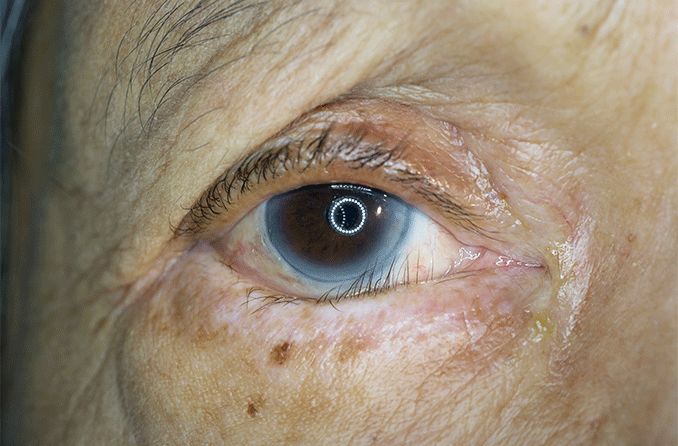
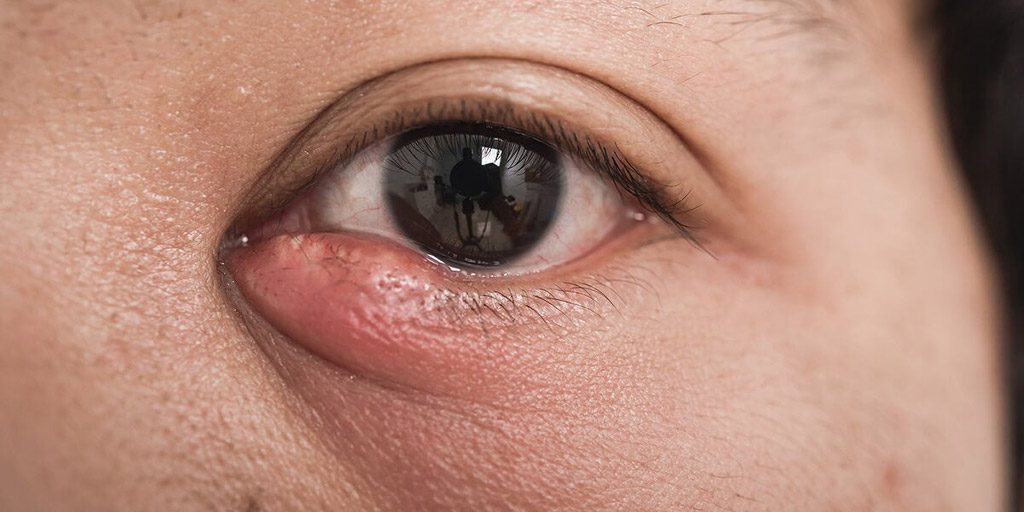
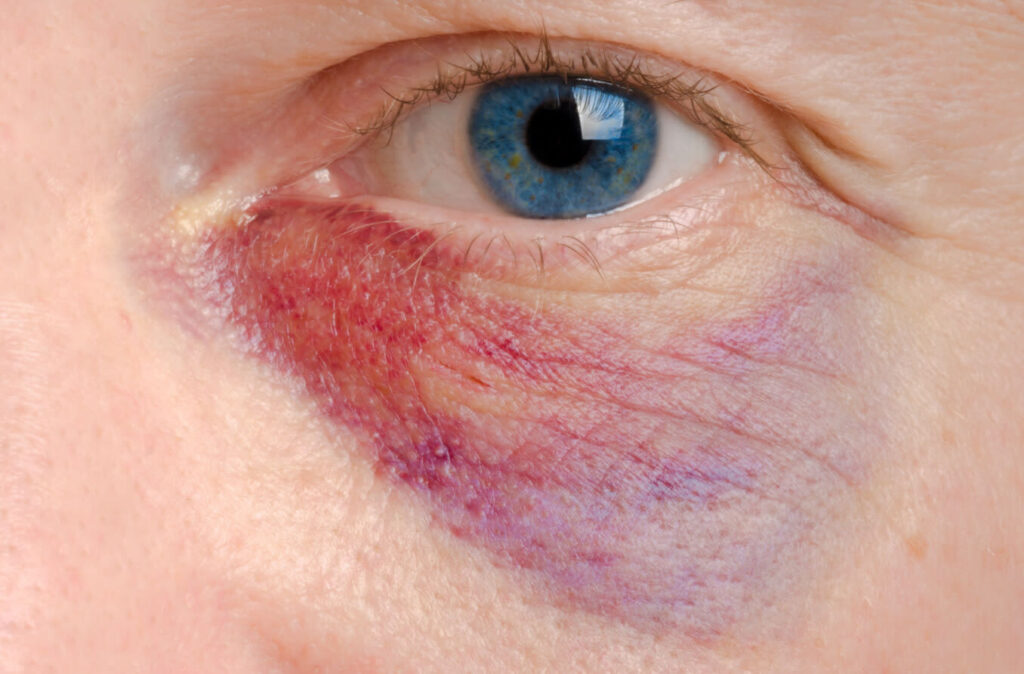
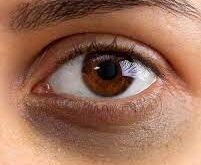


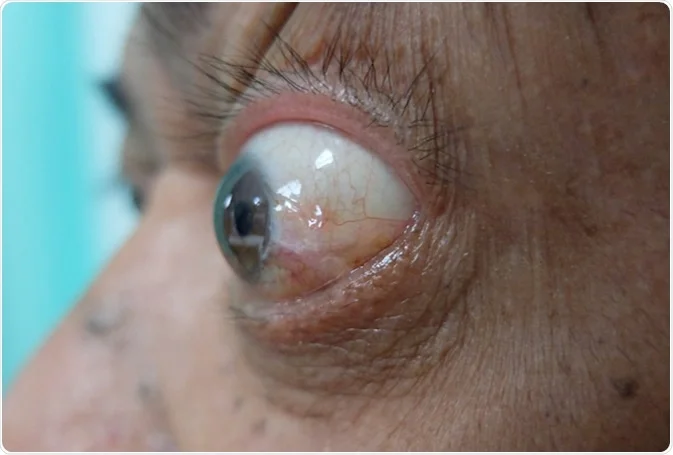
If you experience any of the following conditions, it is advisable to seek consultation at an oculoplasty clinic:
At Shanthi Nethralaya, we are committed to delivering exceptional oculoplasty treatment to enhance both the functionality and appearance of your eyes. If you are considering oculoplasty treatment in India, we invite you to schedule a consultation with our oculoplasty specialists to explore the best options tailored to your needs.
Common eyelid conditions include:
Ptosis can be caused by aging, injury, or weakening of the muscles that raise the eyelid. It can also be present at birth (congenital ptosis). Treatment typically involves surgery to tighten the muscles and improve the appearance and function of the eyelid.
Thyroid eye disease (also known as Graves’ orbitopathy) is an autoimmune condition associated with thyroid disorders, particularly hyperthyroidism. It can cause the tissues around the eyes to become inflamed. Common symptoms include:
If you experience any of these symptoms, it’s essential to consult an eye care provider for evaluation and management.
The frequency of follow-up visits depends on the severity of your thyroid eye disease. In the active phase of the disease, patients may need to see an ophthalmologist every 4 to 6 weeks to monitor the progression and adjust treatment if necessary. Once the disease stabilizes, visits may be reduced to every 6 months or annually, depending on your condition and your doctor’s recommendations.
Treatment for thyroid eye disease varies based on the severity of the symptoms and may include:
During your evaluation, the doctor will:
While it’s important to follow your doctor’s treatment plan, some home care tips include:
Yes, thyroid eye disease can sometimes recur, especially if your thyroid levels become unbalanced again. Regular monitoring and managing your thyroid condition with your healthcare provider are crucial in preventing recurrence.

WhatsApp us